
Twenty-five / Sixty

AT a public forum, a gay man in his 50s accuses a younger gay man living with HIV of complacency, saying he contracted the virus because he didn’t see all of his friends die. On social media, an older gay man says young gay men don’t appreciate having the freedom to live openly.
With legal reform and social attitudes to homosexuality moving at the blink of an eye, what it means to be growing up gay in 2014 is almost unrecognisable compared to what it meant 30 or 40 years ago, and that change defines the community.
Three gay men over 60 and three gay men under 25 attempt to separate fiction from reality, exploring their experiences of the generational divide.
– – –
SIXTY-FOUR
DOUG POLLARD
“I’VE heard it from more than one person in more than one era: being gay is a young man’s thing, I don’t want to be old and gay so I don’t care whether I get AIDS or not,” Doug says.
“The whole idea terrifies them, so they try and get a handle on it by pulling it back under their own control.”
As an avid social media user, Doug explains he regularly posts online about sexual health, weighing in — for example — on the community conversation about pre-exposure prophylaxis (PrEP) for HIV, where taking antiretrovirals can help prevent HIV transmission. He warns young people online against throwing away condoms and relying solely on PrEP.
“It was in the context of one of those online conversations, commenting on something I’d posted on Facebook… one young chap in particular basically accused me of, well, of it being none of my business really, and I didn’t know and it was different now,” Doug says.
“‘You had your fun so stop getting in the way of ours,’ was the phrase.”
He says when the gaps in understanding between different generations of gay men are so large, there isn’t much point trying to make young guys comprehend what it was like for his generation.
“Even the generation just a thought behind mine, the guys who are in their 40s now, had a completely different experience to mine,” Doug says.
“To go around demanding respect strikes me as counterproductive if nothing else, and I’m not that much of a princess.”
– – –
TWENTY
JAMES MOORE
JAMES argues older gay men can be “preachy”.
“A lot of younger people don’t like to interact with older people because they just don’t understand things of the time, of modern-day, 21st century Australia or the world,” he says.
“For a lot of younger people, [older people] don’t seem to get it, what’s happening around the world today — to look back to the past is great, but there’s always that level of, you need to stop and move forward from what’s happened.”
Despite his reservations, James imagines it would be fascinating learning from the gay men who came before him, to know “how difficult it was to live and to be safe in that period of time”.
James is studying at university, and although he interacts with some older gay men through community organisations, his friends are all around 20–25.
“I’ve never really talked to older queer people on my own, like off the street, or if I bumped into someone and we just got chatting, I’ve never had that kind of exposure,” he says.
– – –
EIGHTEEN
MATTHEW DI TORO
MATTHEW has made a lot of friends who are older than he is through his involvement with LGBTI community organisations, and even through Twitter.
“I don’t really know what to say — you just feel that you connect and click with these people and then you become friends with them,” he says.
Matthew says he values the input and advice he receives from his older friends, and their experience around issues like coming out and being part of the gay community.
“My older friends range from 24 to 35, early-40s, maybe — these are just people I’ve met through community organisations,” he says.
“They do tend to be a little bit protective.”
While his friends’ ages are diverse, Matthew concedes he’s no stranger to online vitriol from older gay men who say young guys “don’t know how lucky they are”. He recalls a particular instance.
“I was kind of taken aback,” he says.
“I thought, hang on a second, this is what a lot of the older generation were fighting for.”
Matthew describes his own interest in the fight for marriage equality, and says a core message of the movement is the desire to make things better for future generations.
– – –
SEVENTY-ONE
DENNIS ALTMAN
DENNIS disagrees with the claim that young gay men are disconnected from political movements, and with the claim that previous generations displayed widespread political engagement, even the “gay radical activists of the 70s”.
“One of the great myths is that there were masses and masses of people who were radical and activists — we’re talking about a few hundred people,” he says.
“Today it’s probably much larger because communication’s much better.”
Dennis argues young gay men today are engaging with the past because they represent a “third generation” — the first gay men with the space to look back. After the activists of the 70s, an entire generation came out during the worst of the AIDS crisis in the 80s and early 90s, defining the way they see themselves.
He adds that for the first time we are seeing a cohort of young gay men who escaped much of the damage of those previous generations, and it could serve as a painful reminder of that damage.
“If we keep saying that social stigma and discrimination causes people to be damaged… then at some point we have to accept that the people who are telling everybody else that they’re damaged may also be damaged themselves,” he says.
“We have to be willing to think, well okay, how’s this affected me, and how much of this am I carrying around?”
Dennis points to a disconnect between the conversation about how discrimination impacts mental health and the individual effects of community trauma.
“I think there’s a bitterness that people will not acknowledge to themselves, a sort of envy — I look at my 20-year-old nephew and how easy it was for him to come out, but he had two gay uncles… we didn’t have that in our family,” he says.
“When people say, ‘oh they don’t know what went on, and we did all this, and we suffered,’ shouldn’t we be pleased? Do we want people to keep on suffering? There’s almost this tone that comes through sometimes that’s like, ‘it’s not fair, they should suffer like we did’.”
– – –
SIXTY-ONE
DAVID MENADUE
“IT’S about pain and grief,” David says.
“So many of us are living with that every day — we can’t forget the friends we’ve lost.”
He says it can be hard for gay men who lived through the worst of the epidemic to see young guys put themselves at risk — it can make them feel as though these young men don’t value their own lives.
“We’ve seen how quickly it can be snatched away and how cruelly some people died,” David explains.
“We’re living with the grief, and it’s hard for us to let it go and say there isn’t a lesson in that.”
While he understands the pain of men who chastise younger guys for “putting themselves at risk”, David doesn’t believe fear is the way to encourage safe sex.
“I think it’s not that helpful to younger people to say, ‘if only you’d lived in my lifetime you would understand what gravity there is,’ they’re living with their own level of gravity,” he says.
“I don’t believe in fear-based advertising, but you do need to have that level of caution in people’s minds.”
Despite these divides around HIV, David thinks gay men navigate intergenerational relationships better than straight people do.
“If you’re a straight person you’re often a parent, you’ve got a whole set of different hierarchies that you work under,” he says.
“I talk to [young people] and I get a feeling they want to learn from their elders if you like, when it comes to understanding HIV and its history, but also basic issues that confront a HIV-positive person in their life.”
– – –
TWENTY-FOUR
MITCHELL PAYNE
MITCHELL has a lot of older gay male friends, but the past isn’t something they talk about.
“I’m not sure why that is,” he says.
“I don’t think I’ve ever had a conversation about history, the gay history or even really the AIDS history with any of my close friends.”
The gulf between his experience and that of older gay men came into sharp focus during a conversation with another HIV-positive guy not long after Mitchell was diagnosed.
“I had an older gentleman come up to me, and all he said was, ‘how could you be so stupid?’” he recalls.
“I didn’t say anything, it was just more like, oh my god, I was not prepared to be having this conversation, especially after quite a recent diagnosis as well. I just remember thinking, wow, aren’t we all in the same boat?”
Mitchell believes there is some truth to the accusation that young gay men can be complacent about HIV.
“I would have to agree with that idea,” he says.
“I personally grew up in a time when HIV was, you take a tablet a day. I have never lost anybody to an AIDS-related illness. It’s a very, very different time.”
It’s early days, but Mitchell has started to become interested in the past, in where his community comes from.
“And what sparked my interest, why I decided to investigate, I suppose was having the conversation with this guy after he said, ‘how could you be so stupid,’” he explains.
“I just really wanted to know what he was thinking and where this statement, where this attack came from.”
Thanks to Minus18, Living Positive Victoria and Victorian AIDS Council for their assistance with this article
– – –
**This article was first published in the November edition of the Star Observer. Click here to find out where you can grab your free copy in Melbourne, Sydney, Brisbane, Adelaide, Canberra and select regional areas.



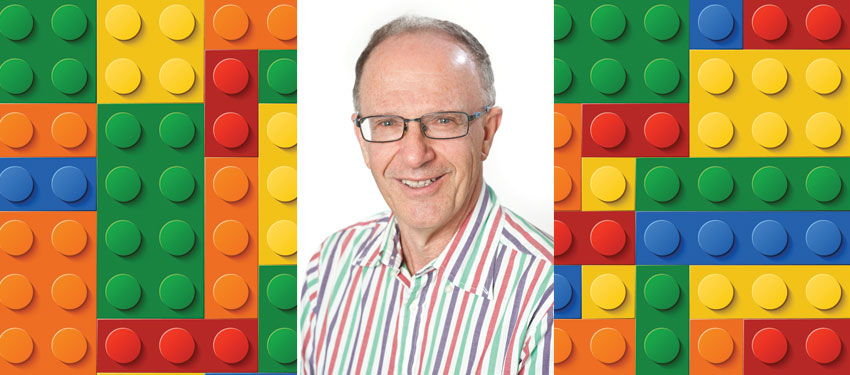


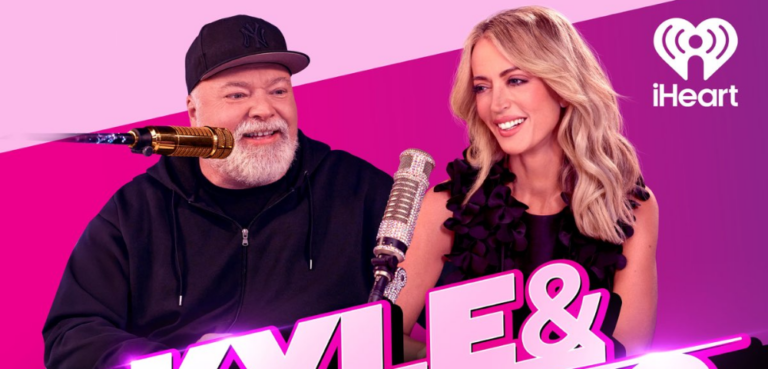
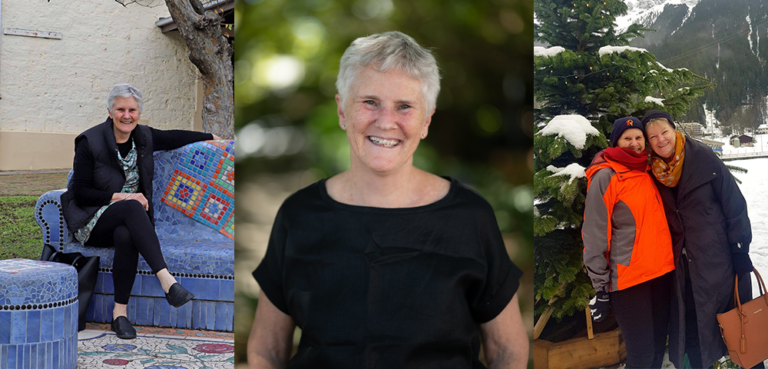
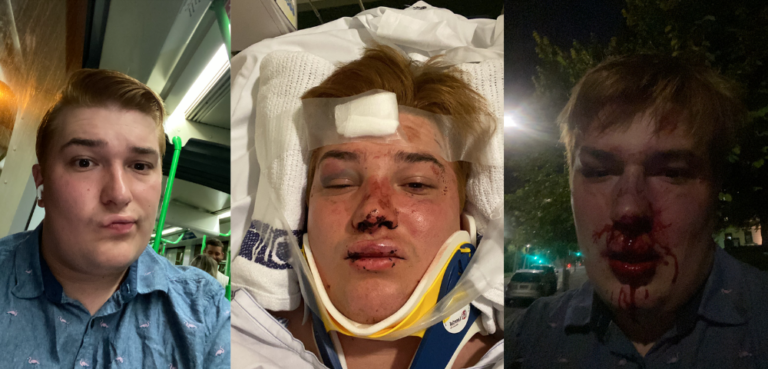
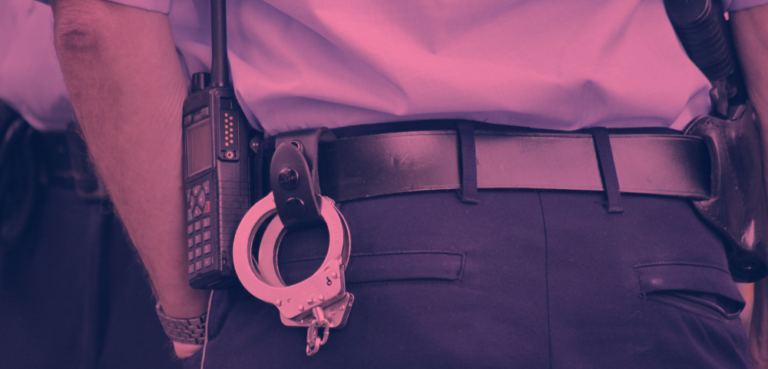
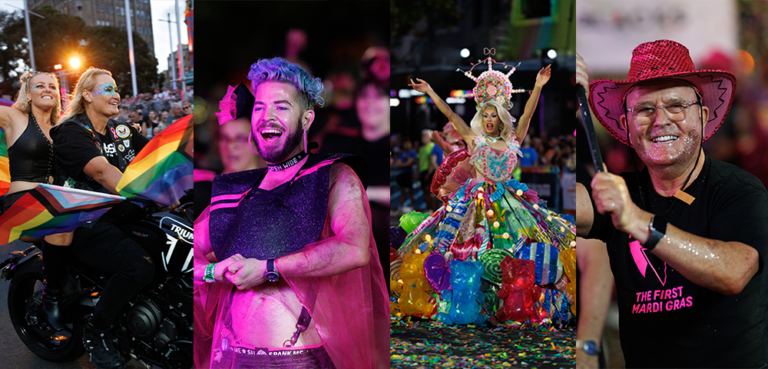
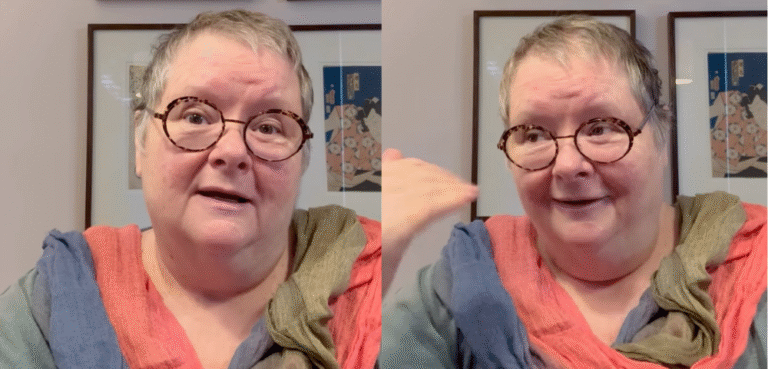

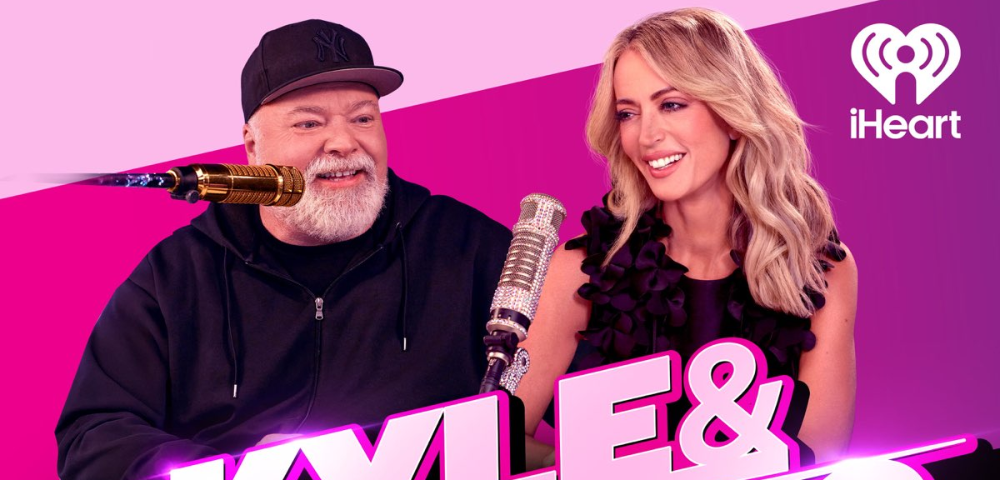
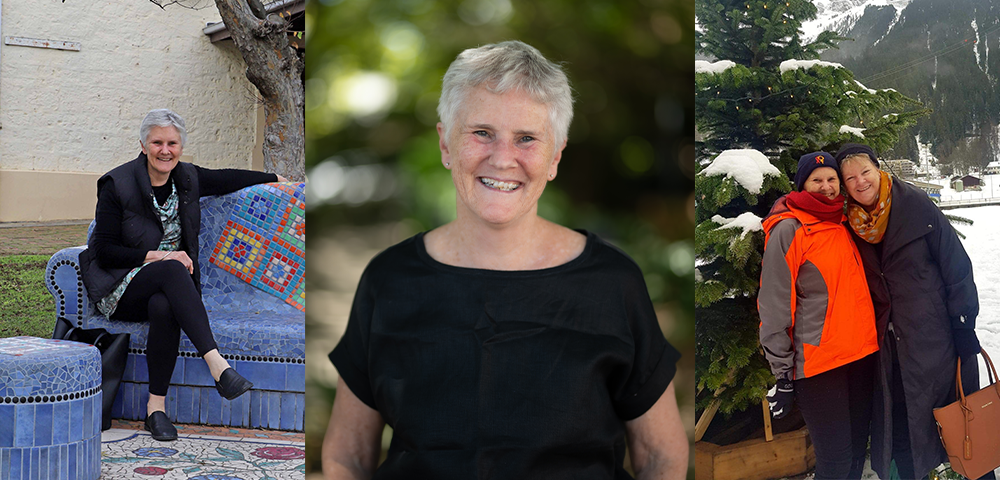
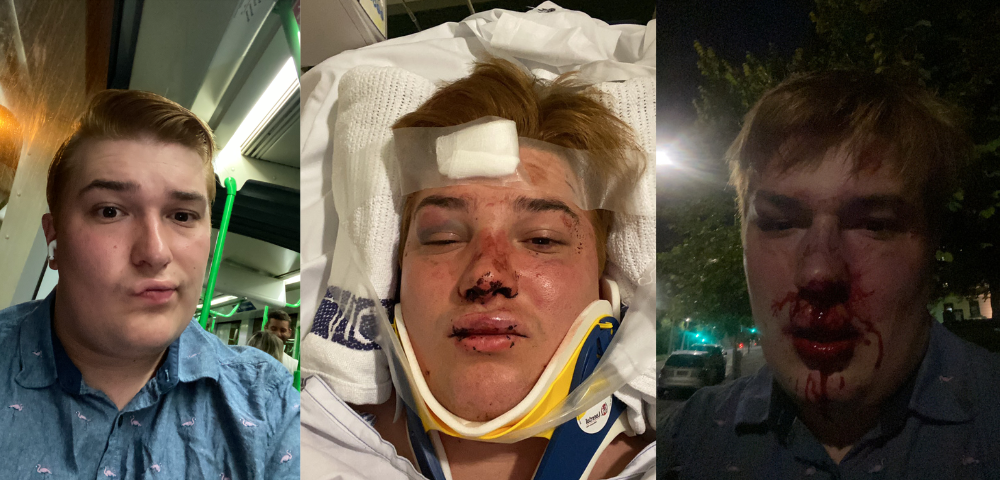
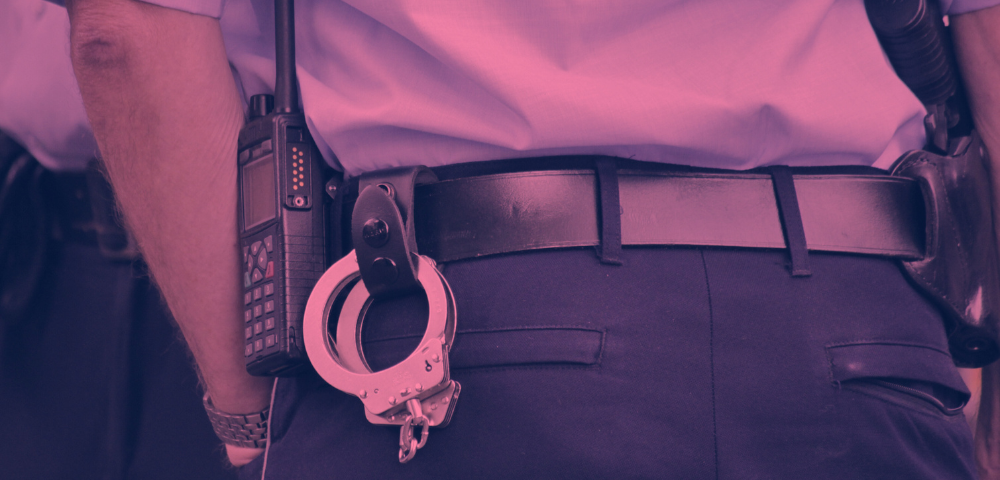
A great article. Thanks Star for printing it! We can all learn from each other. A
Small dose of humility is all it takes. Youth has optimism, invulnerability, energy and vitality. Age has wisdom, experience, passion and sensuality. We NEED each other. And all our lives are richer when we share with each other.
San Jose, CA (June 16) — Mayor Chuck Reed promised the residents of San Jose to keep them posted on the latest plan to close its $116 million budget shortfall.
Model 333: Serial numbers beginning with 97010000, ending
with 98880240. Licensed electricians are required to place a
surety bond when they are doing an electrical project. For instance, cellulose can be
used for insulation instead of asbestos. The difficulty in the
work proposed may be different, depending on whether it is a commercial, residential or industrial site.
At 45, I stand proud that im gay and catholic and can stand on my own two feet. The gay community is an urban myth. Before screaming out equality, have a look within the gay world in itself, drugs, promiscurity, insecurity, lies, deceit, using one another like tissues. Its all about power and control more than anything. This is why I dont support gay marriage. Im certainly not marginalised or cry discrimination when I have the power to go forward.
How come this article just talked about aids? Pretty sure there is more in life then the fear or unknown in it
I don’t like this suggestion that young queer folk aren’t open to hearing from those who came before. I have a bunch of young gay friends, half my age, who visit me and my partner regularly. We eat together and share our experiences. I tell them what I know and they tell me what they know and it’s a solid exchange. I have never felt like our young generation is dismissive of those of us who came before.
As my mother was often fond of saying “you can’t put a old head on young shoulders”. She is right. People will only learn from each other (be that different ages, cultures etc) when the actually want to learn. I can’t and won’t happen before that. Never has. Never will :)
as an overdressed, underage teen I met several gay men in their early 20s at a neighbours party. Thank heaven for those men, they mentored and big brothered me. They encouraged me in life in general and kept an eye on me to make sure I was not getting into anything over my head. They and their older friends broadened my education about art, politics literature et al and welcomed me and accepted me as an equal. Every part of society is ageist and every generation despairs at the oncoming youth. I am so grateful for the complex ideas and sophisticated life my seniors exposed me to and included me in. The 70s would have been hell for me if not for them.
Glad I’m away from that crap :) happily married up
Err. My experience is that young gay guys are ageist overall. Like a racist who doesn’t like a particular race. Or a bigot… They just have a narcissistic view on things. Oh, and yes, their take on older gay men is that we are ignorant of the modern world. Pfft.
To be honest, social media/gay sex sites are a melting pot for antisocial behaviour, it’s totally tragic! Men mostly looking for sex and demeaning each other. Penis pics, body pics, etc.. So what do they expect, decent conversation? It has it’s benefits for some, but I think overall if you want to deflate your self esteem, join one.